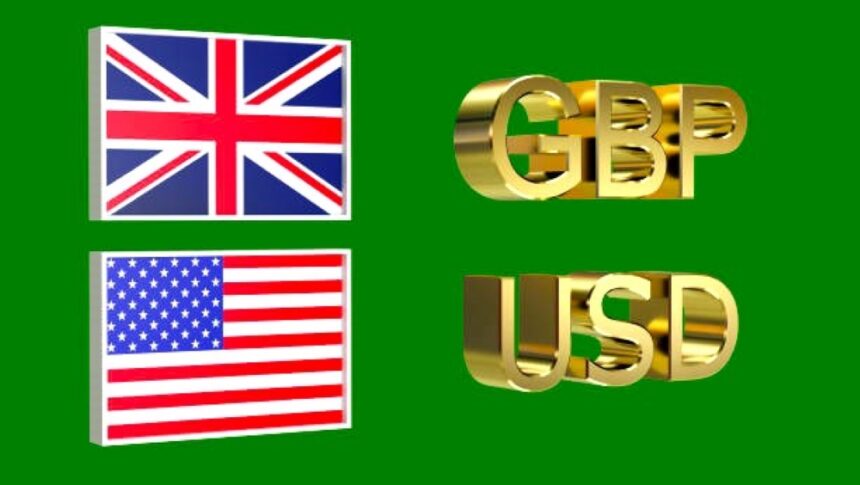Pound sterling struggles to gain ground versus the US dollar near 1.3100 as traders reduce their bets for substantial Fed rate cuts.
In Monday’s London session, the Pound Sterling (GBP) remained under pressure versus the US Dollar (USD) near the critical level of 1.3100.
US NFP report for September indicated a significant increase in payrolls and wage growth.
The GBPUSD pair under pressure as the US Dollar maintains gains near a nearly seven-week high, boosted by strong increase in the US Nonfarm Payrolls (NFP) for September. Which announced on Friday. The US Dollar Index (DXY), which tracks the value of the greenback against six major currencies, extends its winning streak to the sixth trading day on Monday, reaching 102.50.
Moreover All components of the September US labor market report indicated a resilient economy. Fresh payrolls reached 254K, the highest number since March, while the unemployment rate fell to 4.1%. Average hourly earnings, a crucial metric of pay growth that supports consumer spending, increased at a healthy 4% year on year.
Furthermore Surprisingly positive labor market data prompted traders to unwind bets on the Federal Reserve’s (Fed) larger-than-usual rate decrease of 50 basis points (bps) in November. According to the CME FedWatch tool, the Fed’s possibility of lowering interest rates by 50 basis points has been completely eliminated, and a quarter-to-a-percentage rate decrease is now generally expected. anticipated.
Austan Goolsbee, President of the Chicago Fed, hailed the latest US employment data “superb” on Friday. He stated: “If we get more reports like this, I’m going to feel a lot more confident that we are, in fact, settling in at full employment,” according to CNN.
Investors now focus on the US Consumer Price Index (CPI) data for September, which will be released on Thursday. The inflation figures will shed more light on the Fed’s probable interest rate move in November.
Daily Market movers: Pound Sterling underperforms amid gloomy market sentiment.
At the start of the week, the pound sterling is performing poorly in comparison to its major counterparts. The British currency bears pressure from bad market sentiment due to rising tensions between Iran. Israel is in the Middle East. Israel intensified strikes in Beirut and its southern suburbs on Sunday as Israeli Prime Minister Benjamin Netanyahu pledged victory.
Ongoing tensions in the Middle East have exacerbated the dangers of oil supply chain disruption, resulting in a dramatic increase in energy prices. This could result in a greater foreign outflow from oil-importing economies.
BoE may lower interest rates again in November have impacted on the pound sterling.
Aside from the cautious market mood, mounting anticipation that the Bank of England (BoE) may lower interest rates again in November have impacted on the pound sterling. Last week’s comments by BoE Governor Andrew Bailey in an interview with the Guardian newspaper hinted that the central bank could be a little more aggressive in its strategy to cut interest rates. if inflationary pressures continue to ease.
Furthermore In his lecture to the Institute of Chartered Accountants in England and Wales on Friday, BoE Chief Economist Huw Pill advocated for moderate interest rate cuts. Pill continued: “While further cuts in Bank Rate remain in prospect should the economic and inflation outlook evolve broadly as expected, it will be important to guard against the risk of cutting rates either too far or too fast.”
Moreover This week’s primary trigger for the Pound Sterling is the monthly Gross Domestic Product (GDP) and August factory statistics, which will be reveale on Friday.









